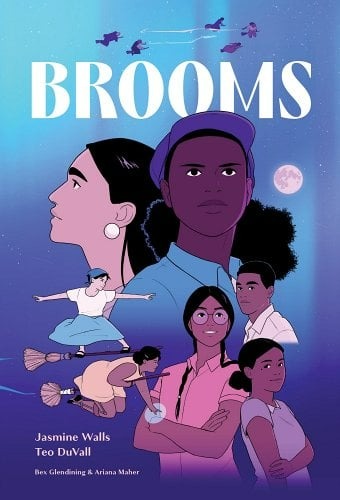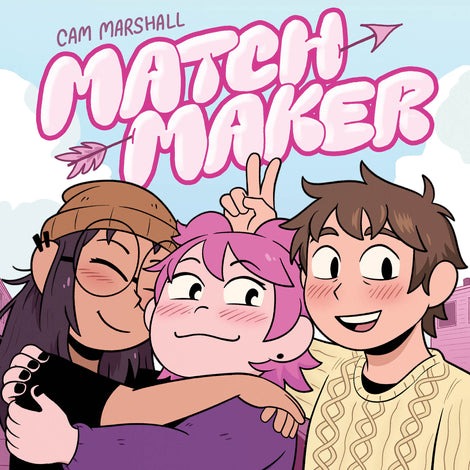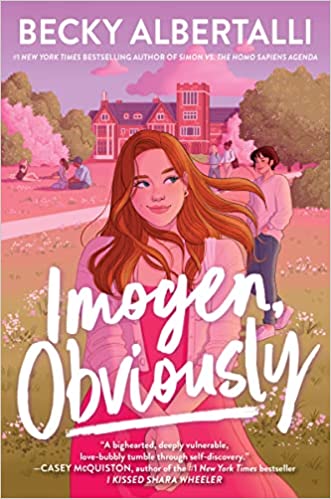Buy this from Bookshop.org to support local bookstores and the Lesbrary! Brooms is a YA graphic novel created by Jasmine Walls (writer) and Teo DuVall (illustrator) and published in 2023 by Levine Querido. It is set in an alternate 1930s Mississippi where magic flows all around, but is heavily restricted. Only certain people are allowed toRead More
A Slice-of-Life Manga Good Enough to Eat: She Loves to Cook, and She Loves to Eat by Sakaomi Yuzaki
Buy this from Bookshop.org to support local bookstores and the Lesbrary! When I was younger, I wasn’t aware of many f/f manga about adults, so I’m glad to be able to enjoy series like She Loves to Cook, and She Loves to Eat by Sakaomi Yuzaki. After reading the first three volumes of this ongoing series, I’mRead More
A Dazzling Debut: How Far the Light Reaches by Sabrina Imbler
Buy this from Bookshop.org to support local bookstores and the Lesbrary! I first learned about Sabrina Imbler (they/them) last year when my girlfriend and I traveled to Seattle to watch the UConn Women’s Basketball team compete in the Sweet 16. Whenever I travel, I like to visit a local bookstore, which is how we endedRead More
A Cozy Queer Comic of Community: Matchmaker by Cam Marshall
Buy this from Bookshop.org to support local bookstores and the Lesbrary! This was a surprise, last-minute entry in my list of favourite reads of 2023! I stumbled on this while researching new releases for Our Queerest Shelves, and I was pleasantly surprised to see it was by a local British Columbia author/artist! I requested itRead More
A Fantasy of Community: Legends & Lattes by Travis Baldree
Buy this from Bookshop.org to support local bookstores and the Lesbrary! Legends & Lattes has been reviewed at the Lesbrary before, and it’s certainly gotten a lot of praise online in general, so why do I feel the need to add my own positive review to the mix? I think it’s because the reason IRead More
The Enthusiastic Ally to Bisexual Pipeline: Imogen, Obviously by Becky Albertalli
Amazon Affiliate Link | Bookshop.org Affiliate Link Now that I’m twice the age of many of the protagonists in Young Adult books, I have a different relationship with them. I still read YA, but I find myself feeling protective of the main characters instead of relating to them. Nothing exemplified that shift more than readingRead More
Danika reviews Red Rover by Liz Bugg and Land of Entrapment by Andi Marquette
I decided to review these in the same post because I have similar things to say about both of them. My favourite thing about Red Rover is the queer elements. Not only is the main character a lesbian whose relationship is a side story in the novel, she also has ties to the queer community.Read More



